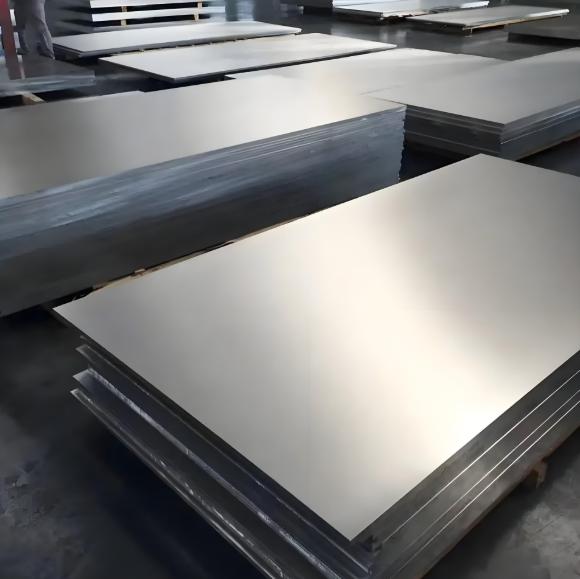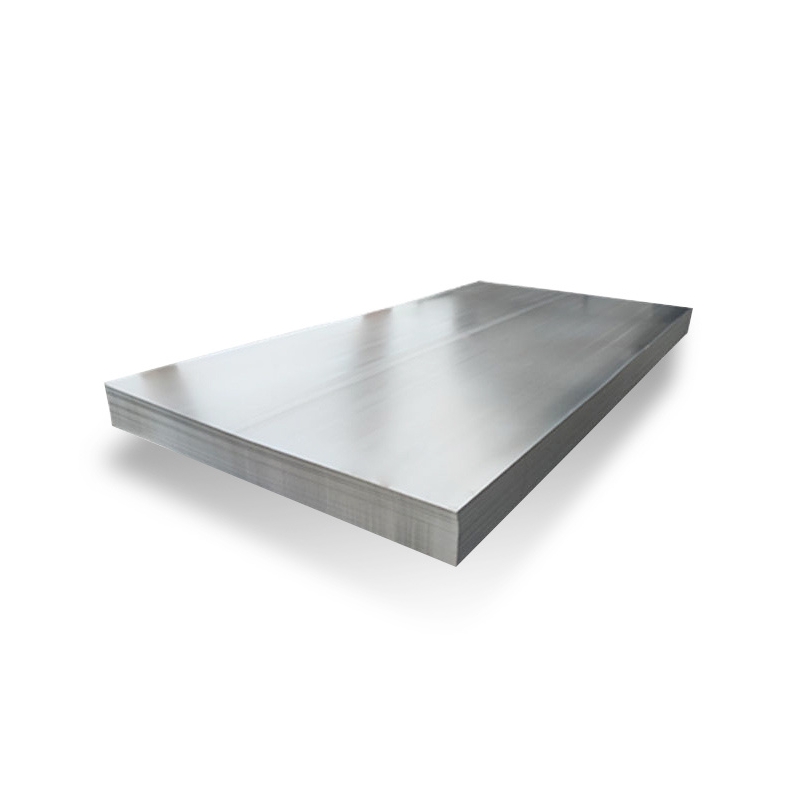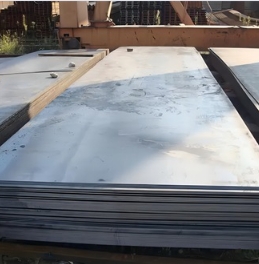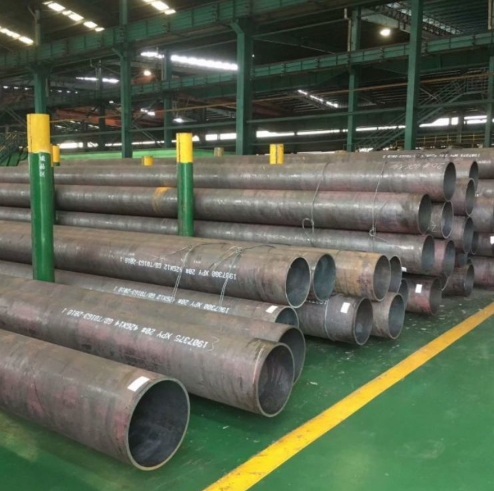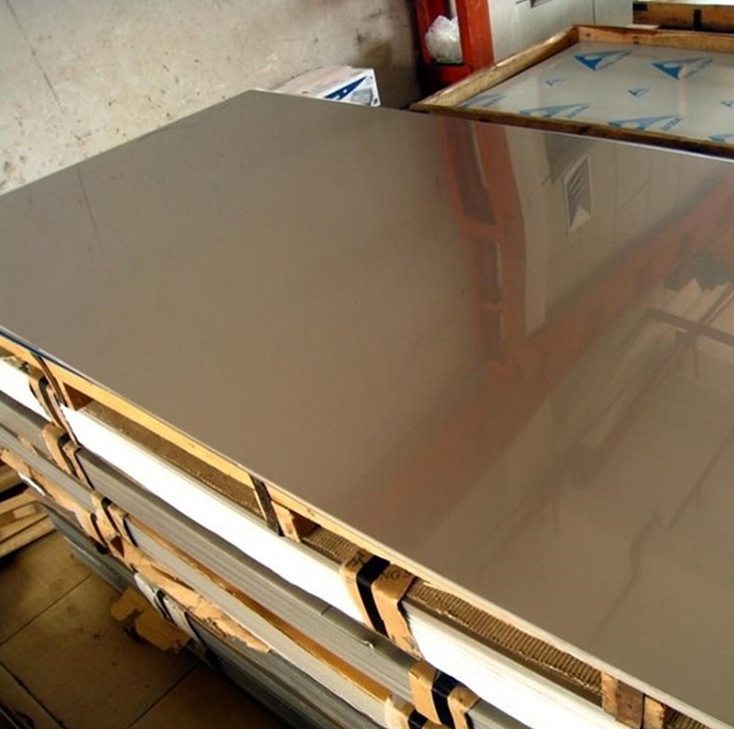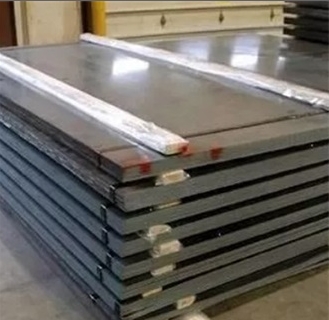26 gauge galvanized steel coil is a widely used material in various industries due to its favorable balance of strength, formability, and corrosion resistance. The “26 gauge” refers to its thickness, typically around 0.0187 inches or 0.475 mm, though slight variations can exist based on standards. The galvanization process involves coating the steel with a layer of zinc to protect it from rust.
Key Characteristics of 26 Gauge Galvanized Steel Coils
- Corrosion Resistance: The primary benefit, achieved through the sacrificial protection of the zinc coating.
- Formability: Being a relatively thin gauge, it can be easily bent, shaped, and roll-formed.
- Weldability: Can be welded, though specific procedures are needed to account for the zinc coating.
- Paintability: Often serves as an excellent substrate for painting and powder coating after appropriate surface treatment.
- Applications: Common uses include roofing, siding, gutters, HVAC ductwork, automotive parts, appliances, and general fabrication.
Selecting a 26 Gauge Galvanized Steel Coil Factory
When sourcing 26 gauge galvanized steel coils, several factors are critical in choosing a reliable factory:
- Quality Control: Look for factories with robust quality management systems (e.g., ISO 9001). This includes checks for zinc coating thickness, adhesion, surface finish, and dimensional accuracy. Companies like Shanxi Luokaiwei Steel Company often emphasize their adherence to stringent quality protocols throughout the manufacturing process.
- Production Capacity and Technology: The factory’s capacity should align with your volume requirements. Modern production lines generally offer better consistency and efficiency.
- Raw Material Sourcing: The quality of the base steel significantly impacts the final product. Reputable factories source high-quality hot-rolled or cold-rolled steel coils.
- Zinc Coating Standards: Ensure the factory can produce coils meeting specific zinc coating designations (e.g., G30, G60, G90 or Z90, Z180, Z275), which indicate the amount of zinc per unit area.
- Customization Capabilities: Ability to provide specific coil widths, inner diameters (ID), outer diameters (OD), and slit-to-width services.
- Experience and Reputation: A factory’s track record, customer reviews, and industry experience are important indicators. Suppliers such as Shanxi Luokaiwei Steel Company build their reputation on consistent product quality and service.
Manufacturing Process Insights
The production of galvanized steel coils typically involves these key stages:
- Uncoiling and Cleaning: The base steel coil is uncoiled and thoroughly cleaned to remove any oils, grease, or scale.
- Annealing: The steel strip is heated in a furnace to achieve the desired mechanical properties (e.g., ductility, hardness).
- Galvanizing (Hot-Dip): The cleaned and annealed steel strip passes through a bath of molten zinc. The thickness of the zinc coating is carefully controlled.
- Finishing: The strip may undergo processes like skin passing (to improve surface flatness and prevent stretcher strains) or chemical treatment (passivation/chromating or chromate-free alternatives) to enhance corrosion resistance or prepare for painting.
- Recoiling: The finished galvanized steel strip is recoiled for shipment.
Understanding these processes helps in appreciating the quality aspects. Factories, including specialists like Shanxi Luokaiwei Steel Company, invest significantly in maintaining these lines for optimal output.
Important Sourcing Specifications
When ordering 26 gauge galvanized steel coils, clearly define your requirements:
- Base Metal Thickness: Specify the nominal thickness (26 gauge) and acceptable tolerances.
- Zinc Coating Weight/Class: Crucial for corrosion performance.
- Surface Finish: Options include regular spangle, minimized spangle, or zero spangle (extra smooth).
- Coil Dimensions: Width, ID, OD, and maximum coil weight.
- Oiling and Chemical Treatment: Specify if oiling (for temporary rust prevention) or specific chemical passivation is required.
Thorough communication of these specifications with potential factories is essential to receive the correct product for your application. Many established manufacturers work closely with clients to ensure these precise needs are met.



